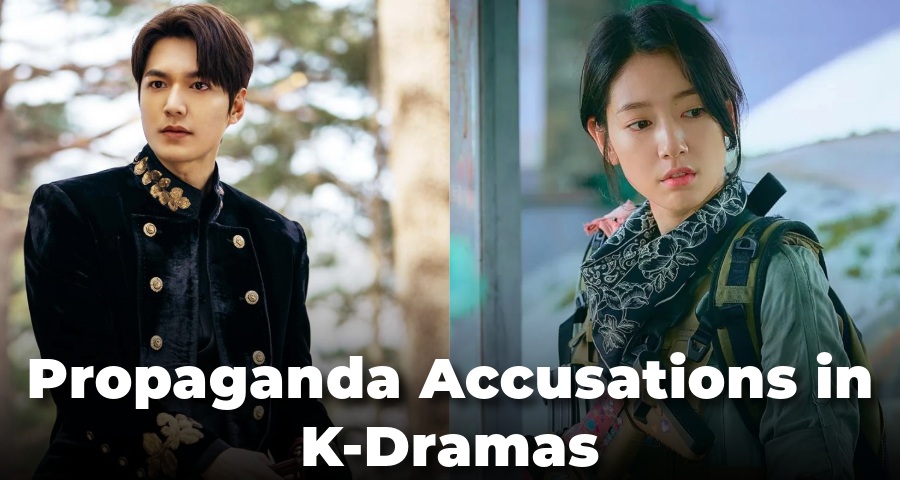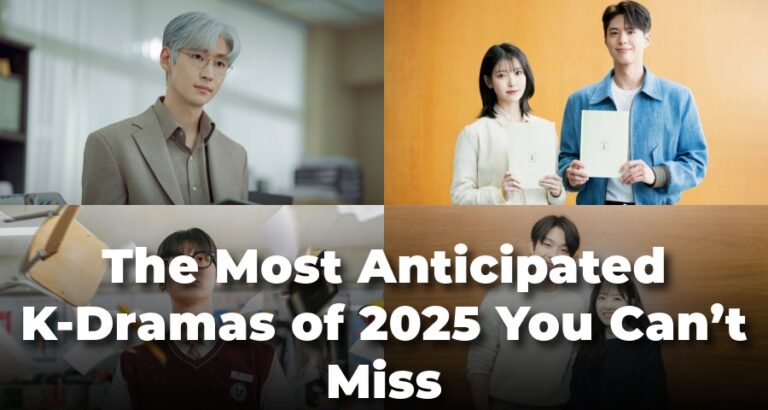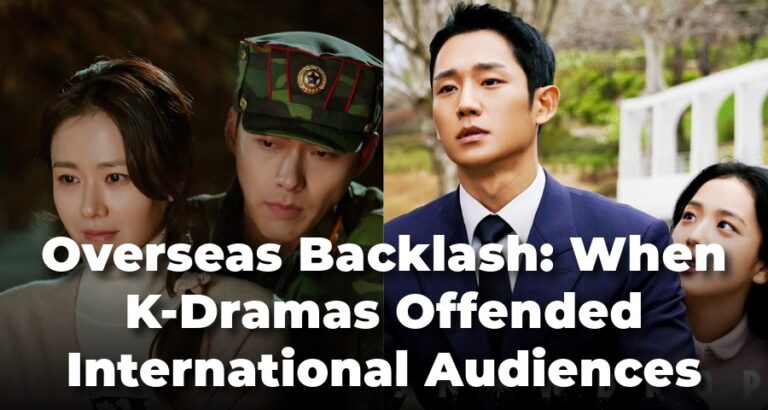K-Dramas have long been a medium for storytelling that reflects cultural, social, and political themes. However, certain dramas have faced accusations of promoting political agendas, leading to heated debates, petitions for cancellations, and divided audiences. This article explores some of the most controversial K-Dramas accused of propaganda, including Snowdrop and The King: Eternal Monarch.
1. Snowdrop – Political Controversy and Historical Distortion Accusations

Even before its first episode aired, Snowdrop became one of the most controversial K-Dramas in history due to accusations of historical distortion.
Backlash Over Misrepresentation of South Korea’s Democracy Movement
The drama, set in 1987 during South Korea’s pro-democracy movement, sparked outrage when its synopsis suggested that the male lead (played by Jung Hae-in) was a North Korean spy mistaken for a democracy activist. Given the real-life historical context, where many innocent democracy activists were falsely accused of being spies, critics argued that the drama’s premise undermined the sacrifices made by activists.
Sponsors Pulling Out and Calls for Cancellation
After protests erupted online, several major sponsors withdrew their support, and petitions demanding the drama’s cancellation gained hundreds of thousands of signatures. In response, the production team made script adjustments, including clarifying character backgrounds to distance the drama from real-life events. Despite these efforts, the damage to Snowdrop’s reputation was irreversible, and it remained a highly polarizing series throughout its run.
2. The King: Eternal Monarch – Allegations of Pro-Monarchy Messaging

While The King: Eternal Monarch was highly anticipated due to its star-studded cast and writer Kim Eun-sook’s involvement, the drama faced backlash for allegedly promoting pro-monarchist themes.
The Fantasy of a Monarchy in Modern Korea
The drama depicted an alternate reality where Korea remained a monarchy, ruled by a noble and just king played by Lee Min-ho. Some critics argued that the series romanticized the idea of a monarchy, subtly advocating for the return of a ruling elite, which clashed with South Korea’s democratic values. While many dismissed these concerns as overreactions, the accusations sparked heated discussions among viewers and critics alike.
Mixed Reception and Political Undertones
Despite its high-budget production and fantasy elements, The King: Eternal Monarch struggled with mixed reviews, and its alleged political undertones became part of the broader conversation about how K-Dramas shape public perception of governance and history.
3. Sisyphus: The Myth – North Korea’s Role in a Sci-Fi Thriller
Sisyphus: The Myth, a sci-fi thriller starring Cho Seung-woo and Park Shin-hye, found itself in hot water due to its portrayal of North Korea and its relationship with South Korea.
Controversial Representation of North Korean Characters
One of the show’s subplots involved North Korean agents, and some viewers felt that the portrayal of these characters leaned too far into Cold War-style propaganda. While the drama itself focused on time travel and dystopian futures, critics argued that its depiction of inter-Korean relations was oversimplified and politically charged.
A Divisive Audience Response
While some viewers found the show’s political implications to be negligible, others believed that the series subtly reinforced South Korean government narratives about North Korea. Regardless of intent, Sisyphus: The Myth became yet another example of how K-Dramas can spark political debates even in unexpected genres.
Final Thoughts
The intersection of politics and entertainment is always a sensitive topic, and K-Dramas are no exception. Whether intentionally or not, shows like Snowdrop, The King: Eternal Monarch, and Sisyphus: The Myth have been caught in the crossfire of ideological debates. While some argue that storytelling should remain free from political constraints, others believe that media has a responsibility to represent history and governance accurately. As the global reach of K-Dramas continues to grow, so too will the scrutiny over their political messages and historical narratives.



